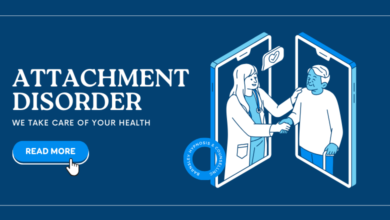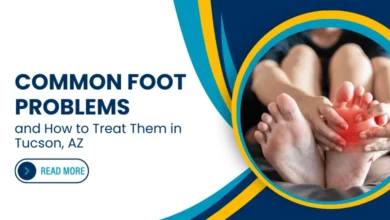
Maintaining confidentiality in the health and social care industry is of utmost importance. In this blog post, we will discuss maintaining confidentiality in health and social care settings. Topics include protecting patient information, dealing with confidentiality breaches, and communicating confidential data safely. Read on!
What is Confidentiality in Health and Social Care
Confidentiality in health and social care refers to protecting sensitive, private, or confidential information shared between a healthcare provider and patient or within an organisation.
Confidentiality is essential to any healthcare system, as it helps build trust between patients and medical professionals and ensures that sensitive information remains secure. It also assures patients that their data will not use for any purpose other than providing care. In addition, it helps ensure that patients can freely and openly discuss their health without fear of it being misused.
How to Protect Patient’s Information
As technology improves, so does the need to protect patients’ information. Data breaches and unauthorised access to confidential patient data are becoming more common, making it essential for healthcare organisations to have preventive measures in place. So how do we ensure that patient information remains secure?
-
- The first step is to assess risks and vulnerabilities across an organisation’s systems. An organisation can then implement measures to protect its data by identifying potential threats. For example, it implements encryption and access control measures and invests in secure technology like cloud-based systems or two-factor authentication.
-
- Regularly review all policies and procedures related to patient information and ensure that all staff are trained in these processes. It includes ensuring that all employees know and understand the importance of protecting patient data and what to do when dealing with sensitive information.
-
- Finally, organisations should consider implementing regular audits of their systems and processes, both internally and externally. For example, audits can help detect potential vulnerabilities or breaches that may have gone unnoticed and ensure compliance with applicable regulations.
How to Deal with Breaches of Confidentiality
Breaches of confidentiality can be damaging to both individuals and organisations. When a breach occurs, it is essential to take swift action to prevent further harm and address the underlying issues that led to the breach to prevent future incidents.
Assessing the severity of a breach of confidentiality is the first step in dealing with it.
-
- How serious is the breach?
-
- How many people were affected?
-
- How much data was leaked?
-
- How did the breach occur?
Once you have determined the severity of the breach, it is essential to take immediate action to prevent further harm and limit the spread of the information. It may include the following steps.
-
- changing passwords
-
- revoking access to confidential data
-
- alerting affected individuals
-
- notifying relevant authorities as appropriate
-
- taking action in response to the breach
-
- reviewing existing policies and procedures related to confidentiality and privacy is necessary.
Finally, it is crucial to support those affected by the breach and take steps to restore their trust. For example, it may include offering apology and compensation, counselling services, or other assistance forms.
Dealing with a breach of confidentiality can be challenging, but taking the proper steps can help limit the damage and prevent future incidents. Assessing the severity of the violation, taking immediate action, reviewing existing policies and procedures, and providing support to those affected can help. In addition, well-built confidentiality in health and social care is a safeguard for everyone.
How to Maintain Confidential Information Safely?
Consider the following steps to maintain your confidential information safely.
-
- Confirm confidential data is encrypted when stored or transmitted. By encrypting personal information, businesses can prevent unauthorised access to their data.
-
- Create strong passwords for online accounts and databases. Update These passwords regularly.
-
- Organisations limit the number of people with privileged information access. They can protect their data from unauthorised personnel by creating different access levels.
-
- Check all computers and networks are updated with the latest security patches and anti-virus software to prevent potential malware and other threats.
-
- Please make a backup plan for any confidential information they possess. By regularly doing this, they can recover any lost or corrupt in an emergency.
-
- Generate policies by following Legislative changes; these should be periodically reviewed and updated.
-
- It prevents any potential data abuse by employees or other personnel.
-
- Health and social care workers need to be trained in the preservation and awareness of the consequences of confidentiality violations.
In addition, companies must follow the above procedure by following these technical steps.
-
- Physical safeguards include secure facility access controls (e.g., door locks and alarm systems) and secure containers for storing paper documents and digital media.
-
- Administrative safeguards involve establishing policies and procedures for handling confidential information and implementing employee training to ensure everyone knows the organisation’s security procedures.
-
- Technical safeguards are implementing measures such as encryption, authentication protocols, access control lists and other efforts to protect data from unauthorised access.
Establishing these safeguards will help organisations keep confidential information secure and enable them to comply with applicable laws and regulations.
Conclusion
Maintaining confidentiality is essential for health and social care professionals. If confidential information is leaked, it could harm the patient or the individual involved. Think about it carefully and make yourself protection. Thanks for reading!




